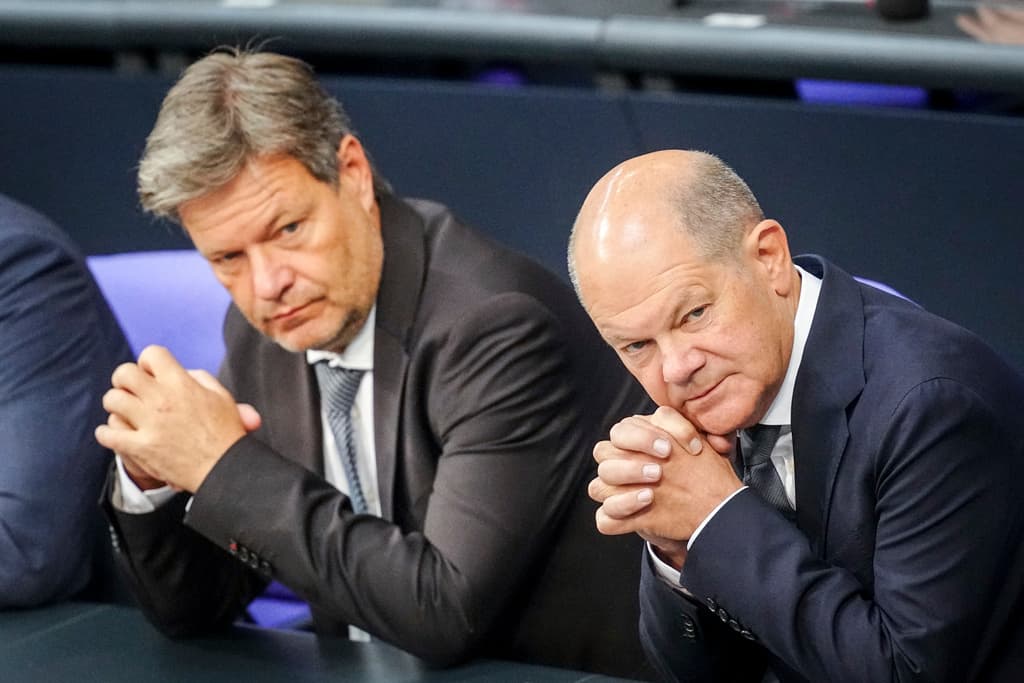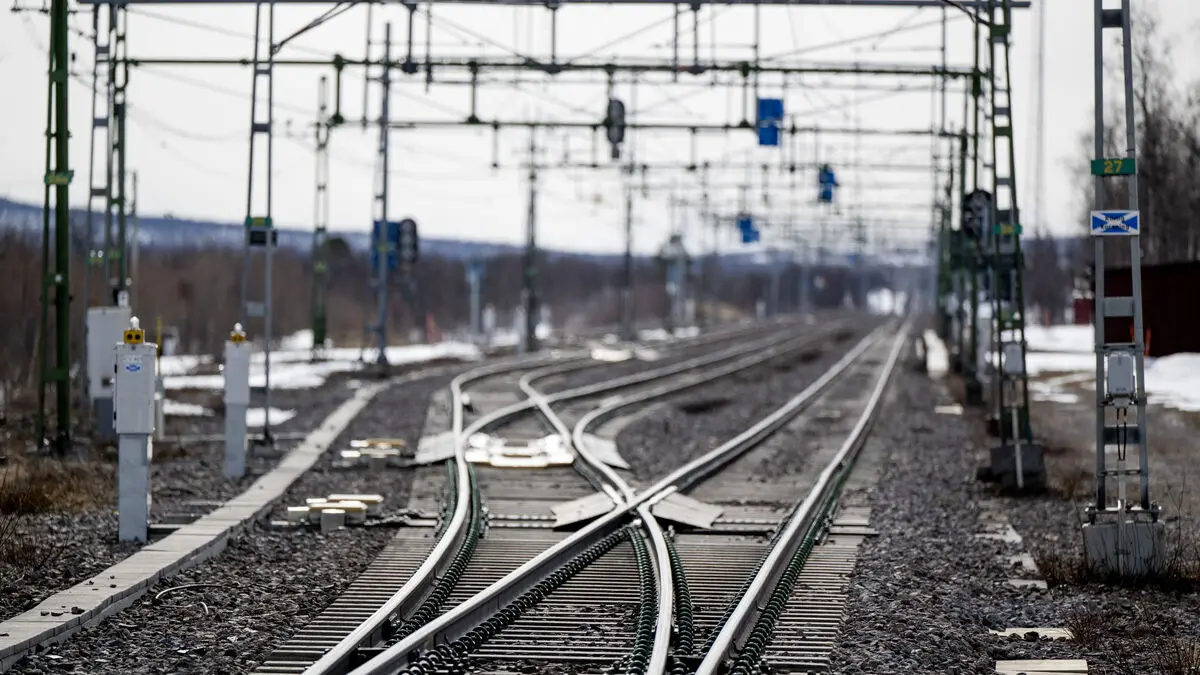After long and decisive negotiations, Germany's three governing parties have agreed on a framework for next year's budget, according to consistent reports in German and international media.
Federal Chancellor Olaf Scholz (Social Democratic SPD), Vice-Chancellor Robert Habeck (The Greens), and Finance Minister Christian Lindner (Liberal FDP) have been in intense negotiations over the past few days and are said to have reached an agreement early on Friday morning.
Thus, their compromise-filled coalition has apparently averted a government crisis.
The major stumbling block has been a massive deficit that next year's federal budget needs to cover, with differing opinions on where to make cuts.
The government was faced with this large hole in the budget when the country's constitutional court stopped its plan to use leftover crisis funds from the COVID-19 pandemic to finance climate policy measures instead.
The so-called traffic light coalition – the parties' respective colors are red, yellow, and green – took office at the end of 2021 and has lost much support during its term. During the budget negotiations, voices in the party leadership warned that an agreement was crucial for the future of the cooperation.






